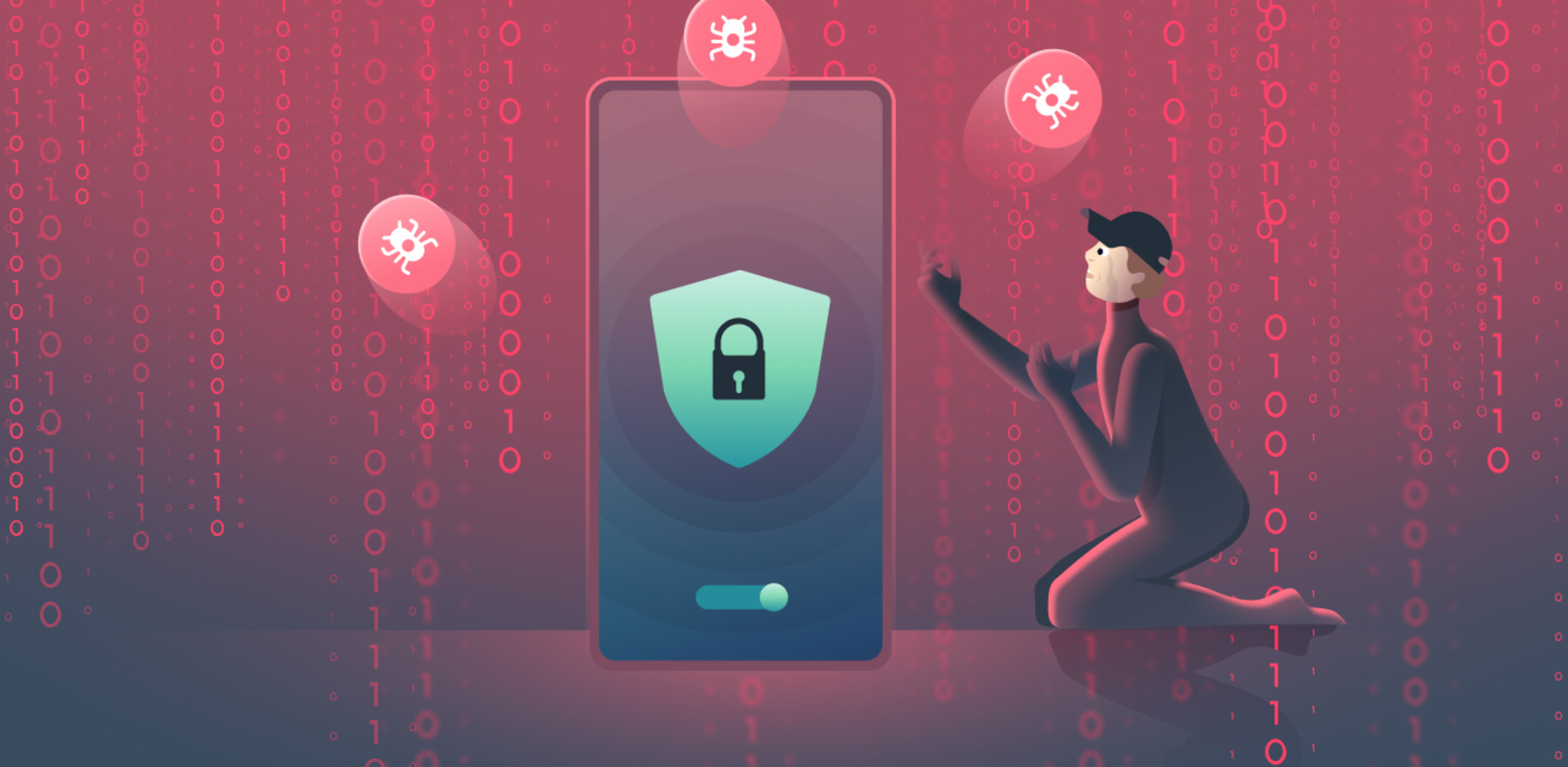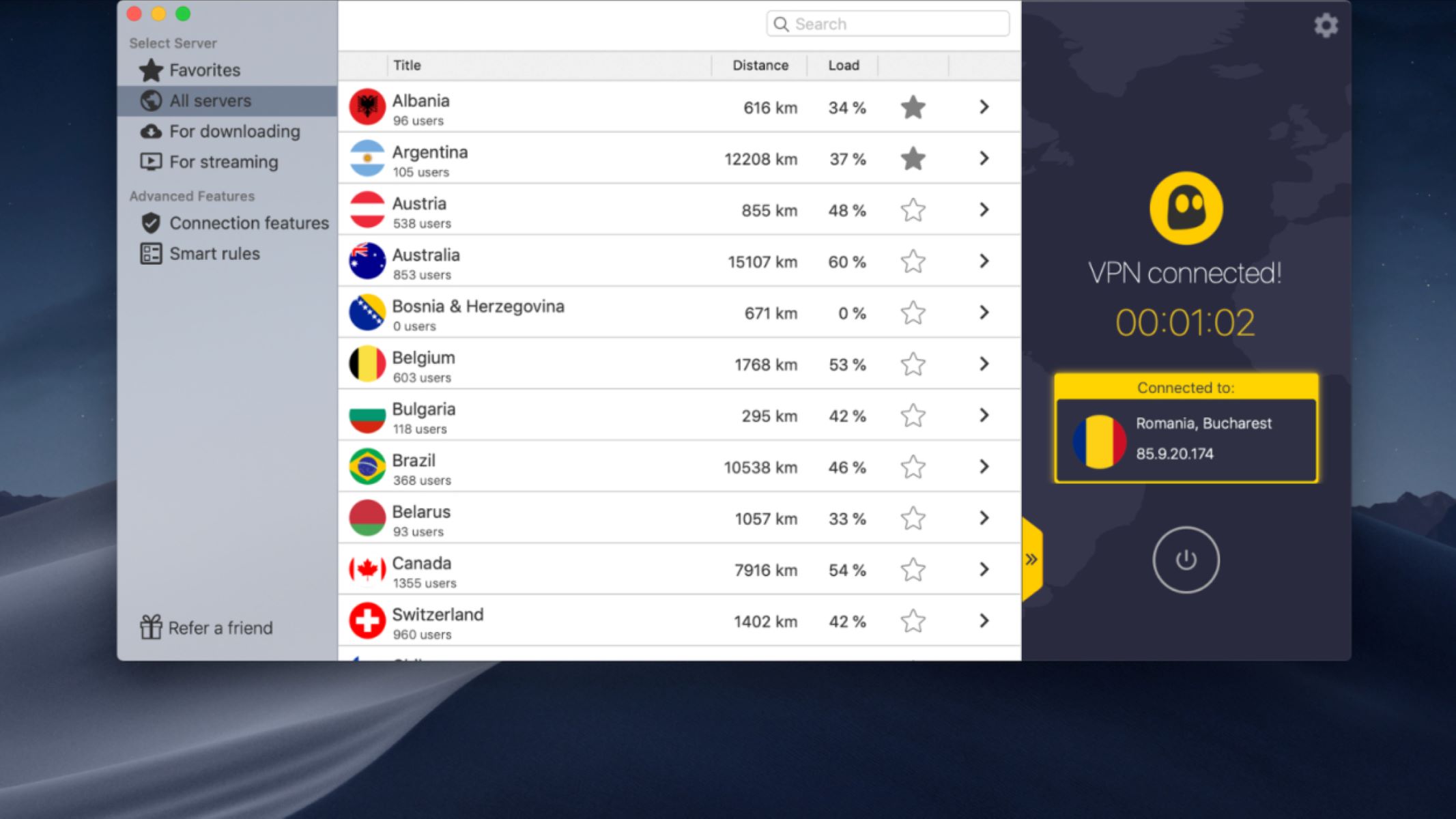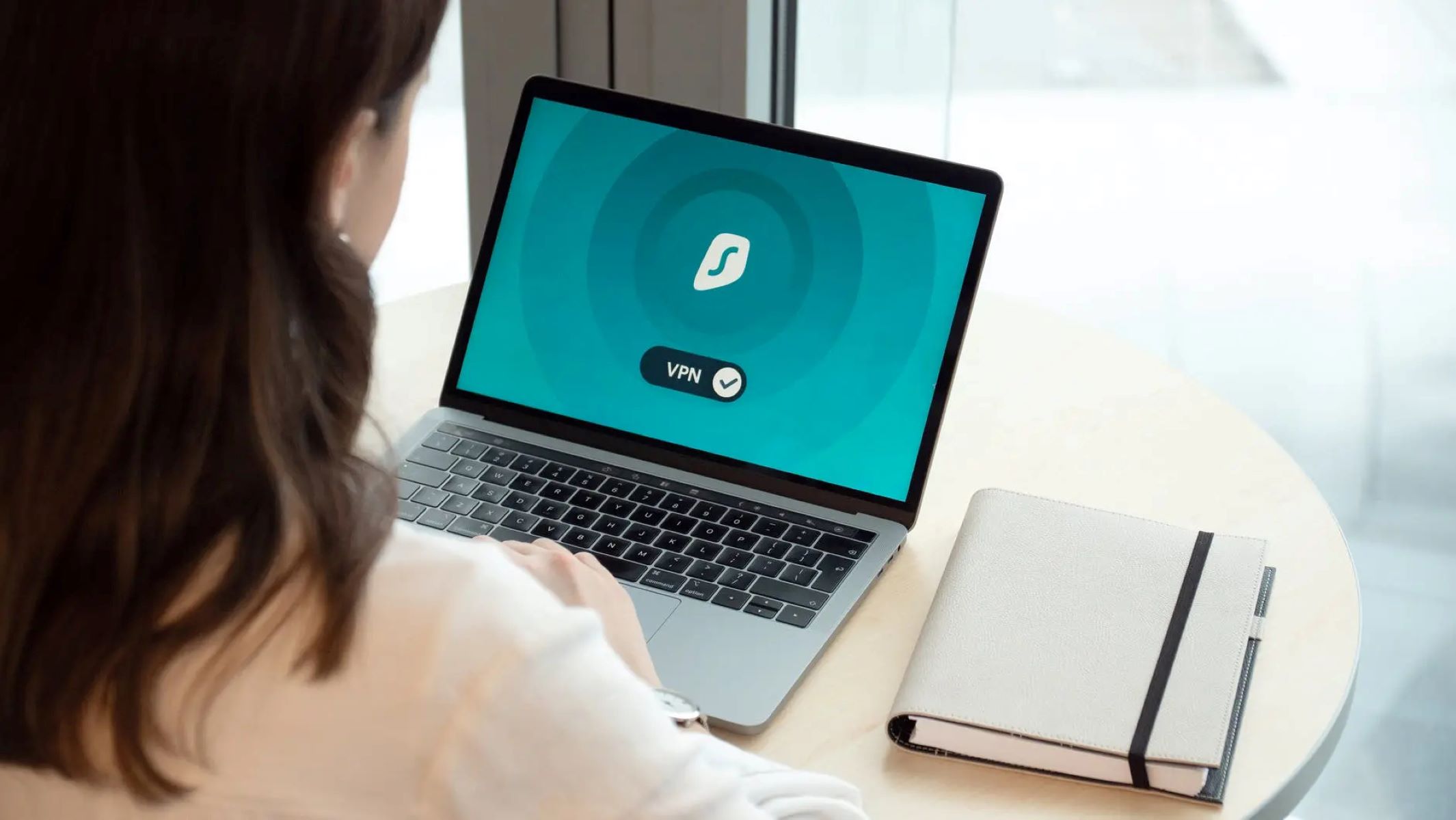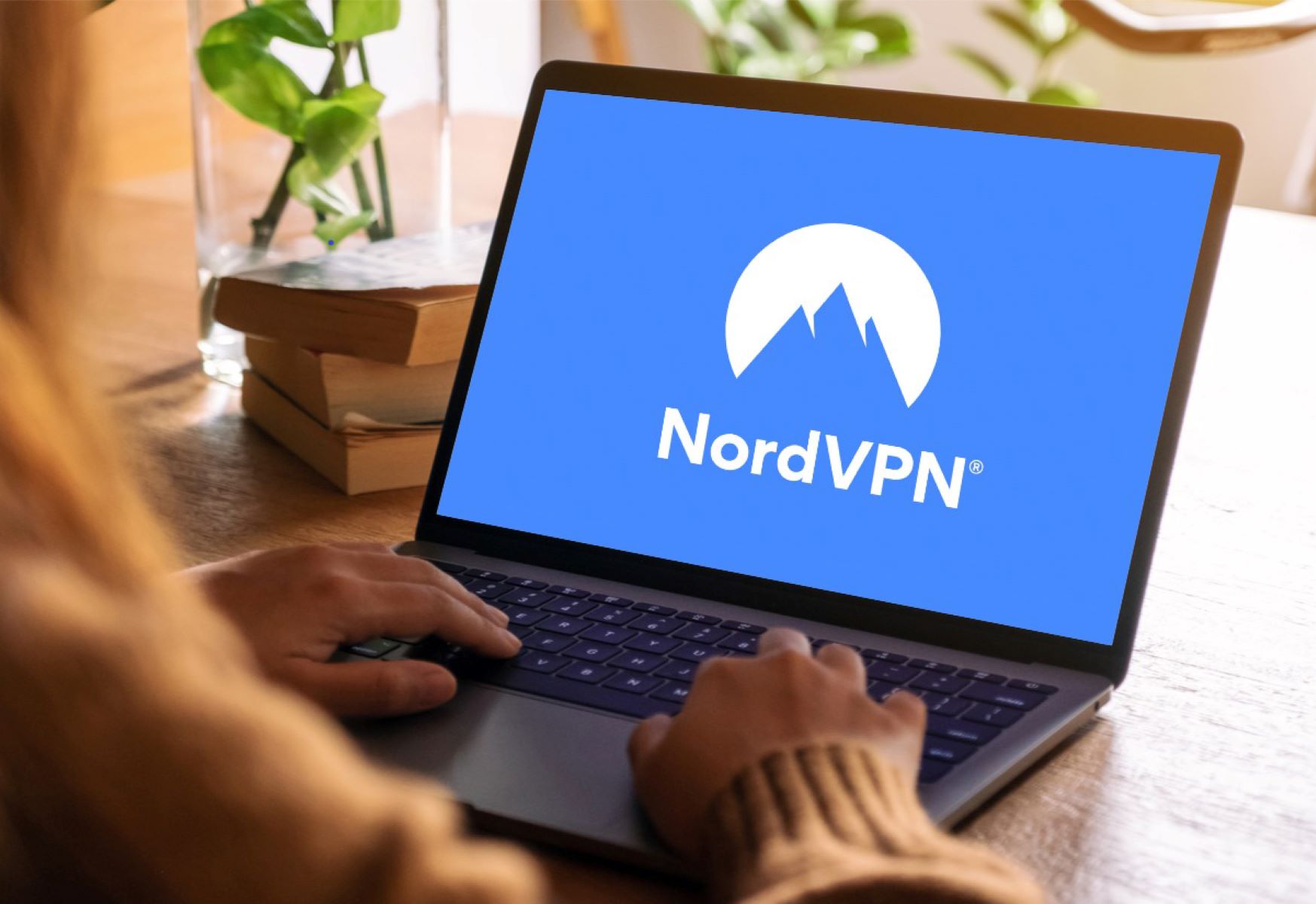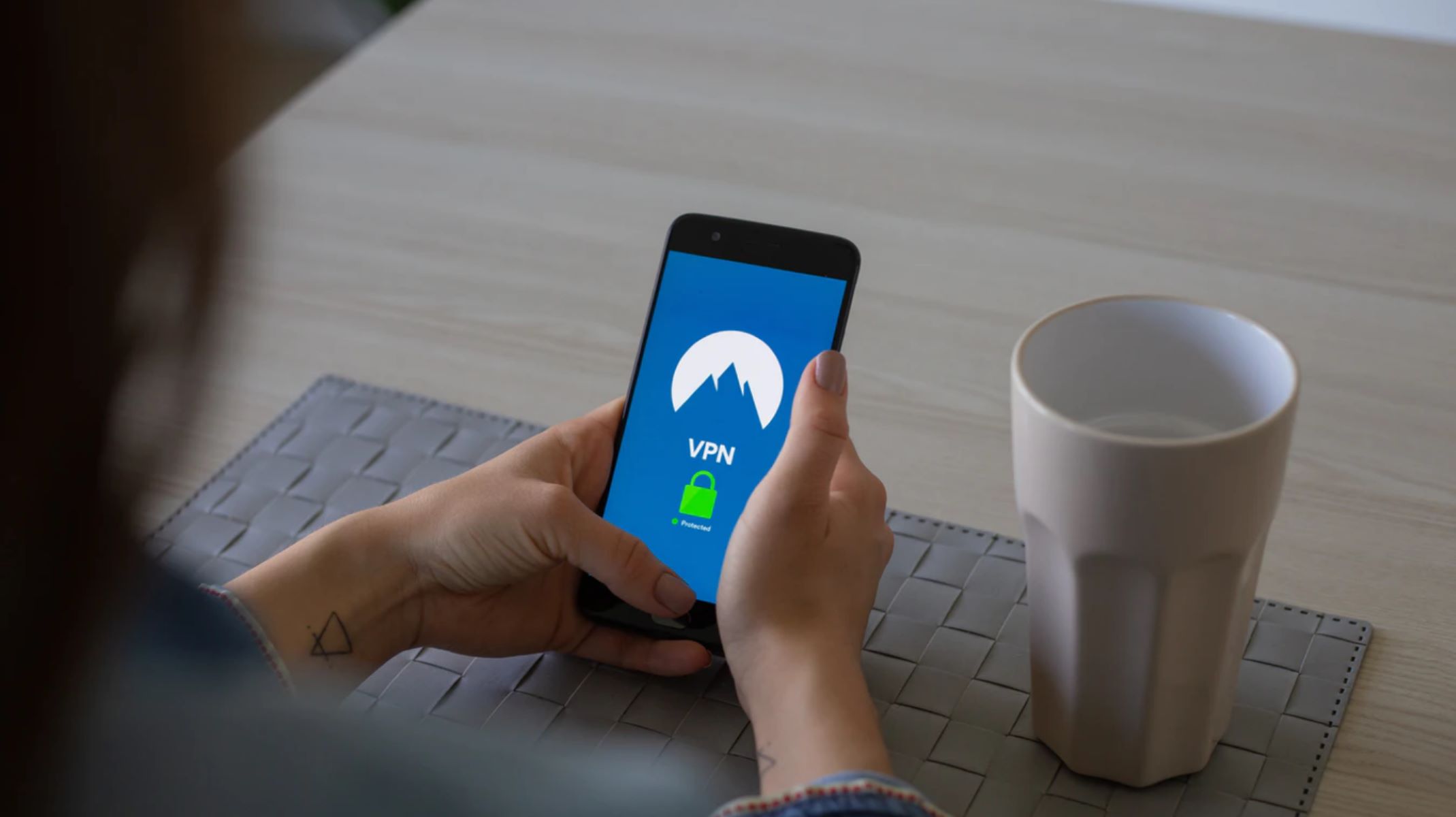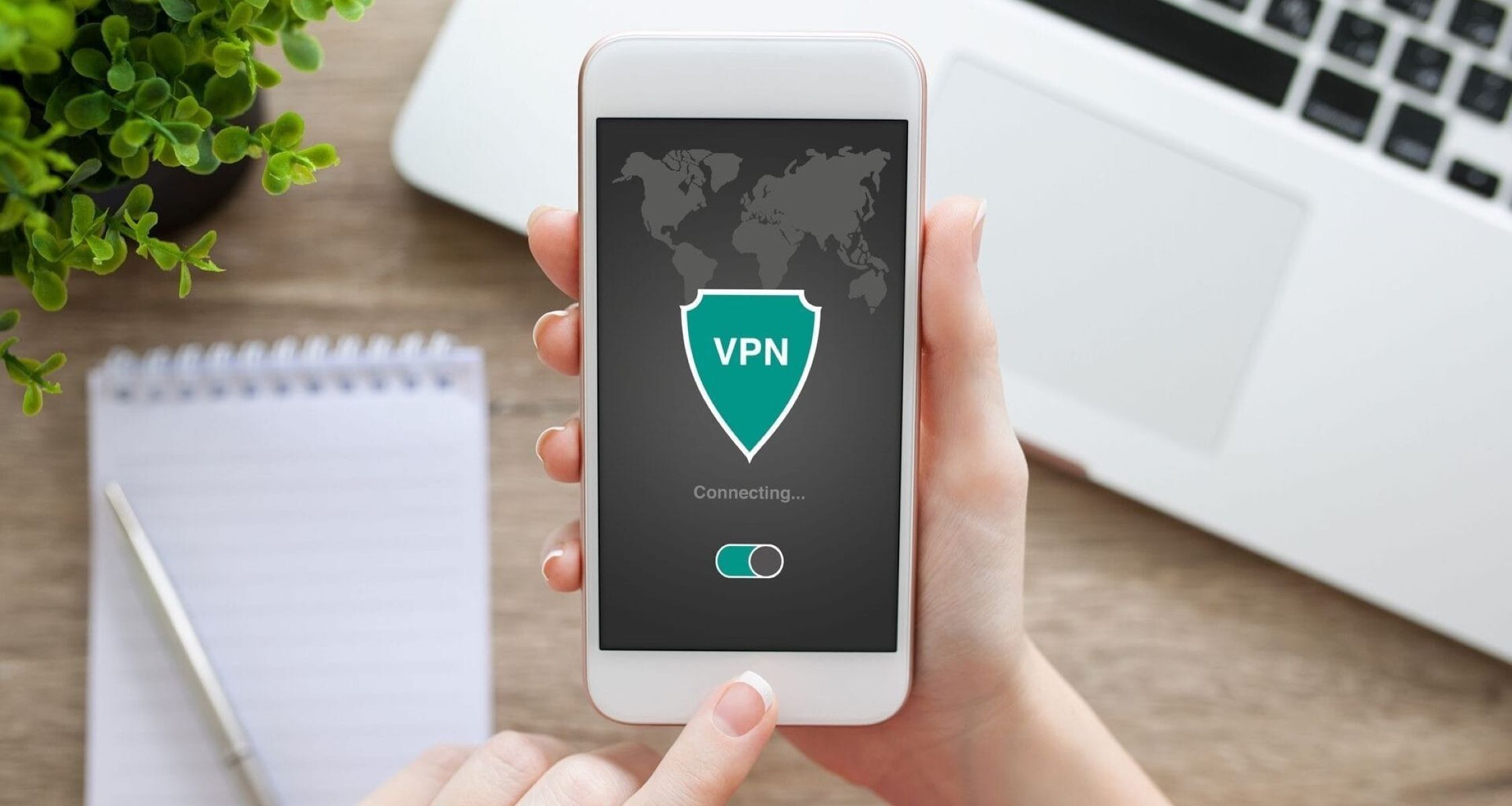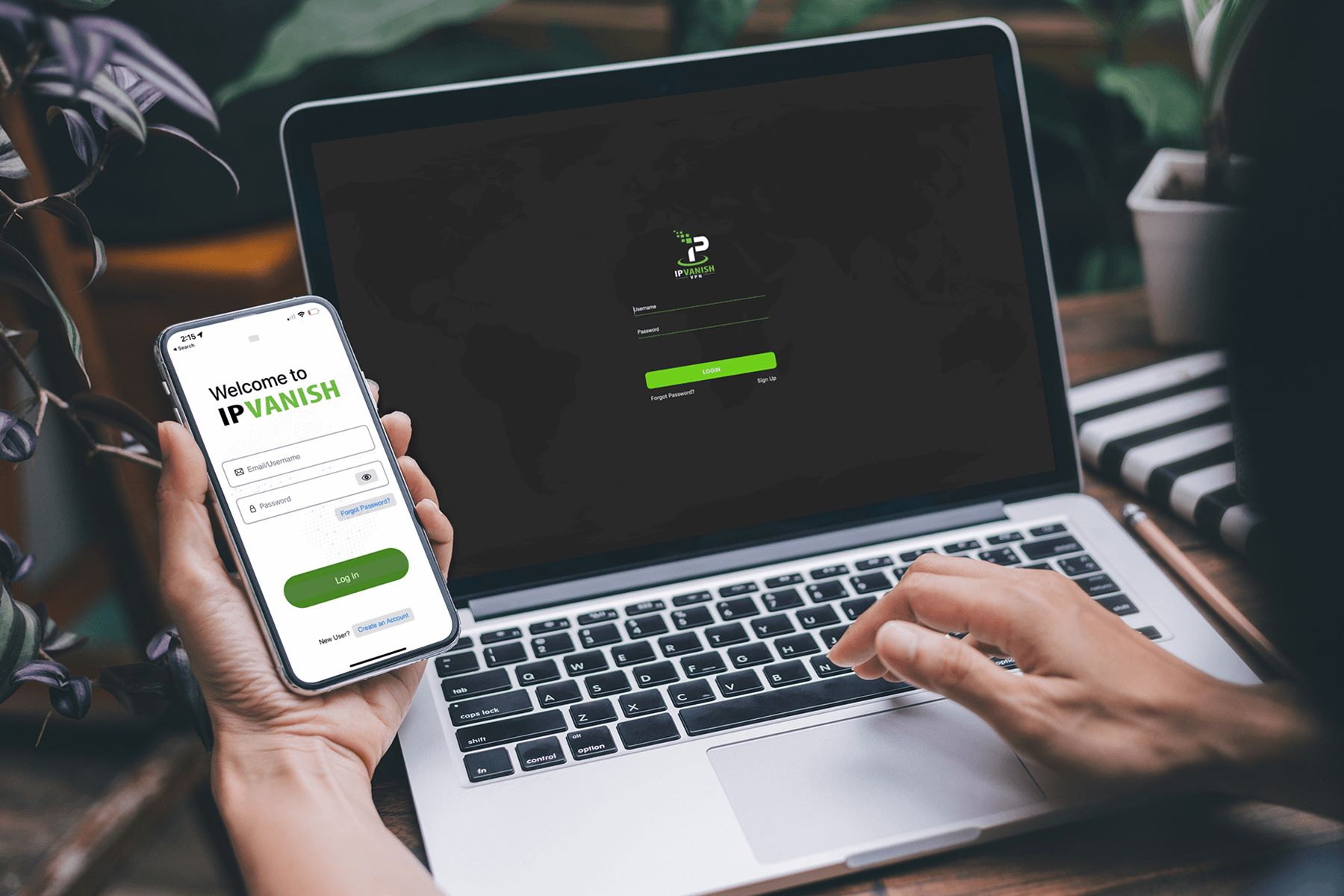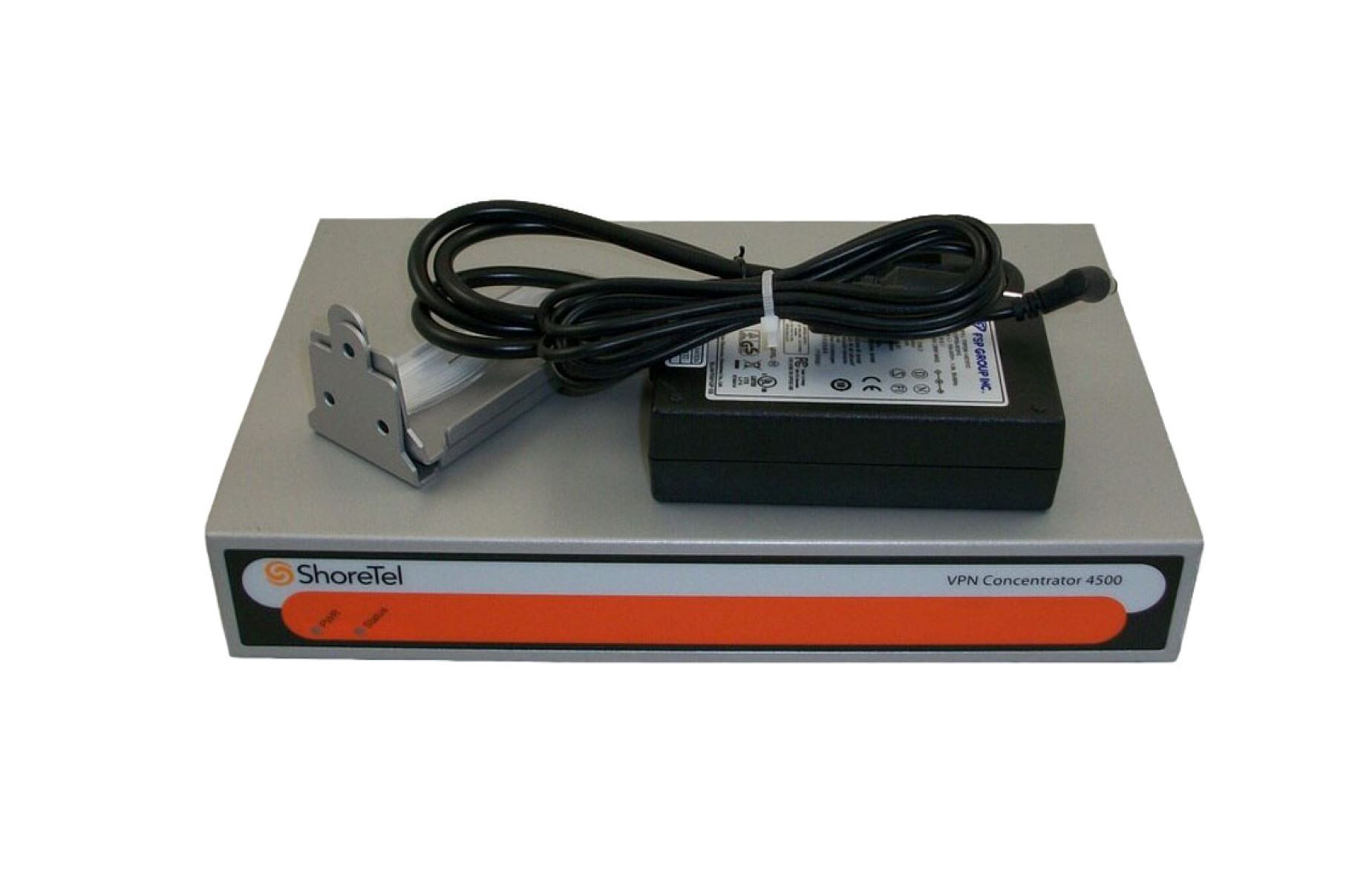Introduction
With the increasing reliance on the internet for various activities, the need for online security and privacy has become paramount. As we connect to the internet, we expose ourselves to various risks, such as cyberattacks, data theft, and surveillance. This is where Virtual Private Networks (VPNs) come into the picture.
A VPN acts as a shield, protecting your online activities from prying eyes and ensuring a secure connection. By creating a secure and private network over a public internet connection, VPNs provide numerous benefits in terms of privacy, data encryption, and bypassing restrictions.
In this article, we will explore what a VPN is and delve into the different aspects of online protection that a VPN can offer. Whether you use the internet for personal or professional purposes, understanding the benefits of a VPN is crucial in safeguarding your digital presence.
So, let’s dive into the world of VPNs and discover what they can protect you from.
Overview of VPNs
Before delving into the specific protections offered by VPNs, let’s begin with a brief overview of what a VPN actually is. A VPN, or Virtual Private Network, is a technology that creates a secure and encrypted connection between your device and the internet.
When you connect to a VPN, your internet traffic is routed through an encrypted tunnel, which shields your data from potential threats and interceptions. This ensures that your online activities are private and protected from unauthorized access.
VPNs work by masking your IP address, the unique identifier of your device. Instead of accessing the internet directly, your data is sent through the VPN server, which assigns you a new IP address. This process not only protects your identity and location but also allows you to access websites and services that may be restricted in your current location.
Moreover, VPNs employ various encryption protocols to secure your data transmission. These protocols, such as OpenVPN, IPSec, and L2TP/IPSec, create a secure tunnel between your device and the VPN server, making it extremely difficult for anyone to intercept or decipher your data.
Another significant aspect of VPNs is their ability to provide anonymity. By encrypting your internet traffic and masking your IP address, VPNs make it difficult for anyone, including your Internet Service Provider (ISP), to monitor and track your online activities.
Now that we have a basic understanding of how VPNs work, let’s explore the specific protections that they provide. Whether it’s safeguarding your privacy, encrypting your data, or bypassing geographical restrictions, VPNs can greatly enhance your online security and offer peace of mind.
Privacy Protection
One of the primary reasons why people turn to VPNs is the enhanced privacy they offer. When you connect to a VPN, your internet traffic is encrypted and routed through the VPN server, effectively hiding your IP address and making it difficult for anyone to track and monitor your online activities.
By masking your IP address, VPNs prevent websites, advertisers, and third-party trackers from gathering your personal information and browsing habits. This means that your online activities remain private, and you gain more control over your digital footprint.
Additionally, VPNs protect your privacy by preventing your Internet Service Provider (ISP) from monitoring and recording your online activities. Without a VPN, your ISP has the ability to track and log your browsing history, which can be accessed by government agencies or sold to advertisers. However, with the encryption provided by a VPN, your ISP is unable to see what you do online.
Beyond protecting your privacy from external entities, VPNs also secure your data when you’re connected to public Wi-Fi networks. These networks are notorious for being vulnerable to hacking and snooping. With a VPN, your connection is encrypted, ensuring that sensitive information like passwords, credit card details, and personal data are kept safe from potential hackers.
Furthermore, VPNs offer additional privacy features like DNS leak protection and an automatic kill switch. DNS leak protection prevents your system from accidentally leaking your DNS queries, which could potentially reveal your browsing history. The kill switch, on the other hand, automatically disconnects your internet if the VPN connection drops, preventing your data from being exposed.
In a world where our privacy is increasingly at risk, VPNs provide an effective solution to protect our personal information and maintain our online privacy. By encrypting your internet traffic and allowing you to browse anonymously, VPNs offer a critical layer of privacy protection in an interconnected digital landscape.
Encryption of Data
One of the core functions of a VPN is to encrypt your data, ensuring that it remains secure and protected from unauthorized access. Encryption is the process of converting your data into an unreadable format that can only be deciphered with a decryption key.
When you connect to a VPN, your internet traffic is encrypted before it leaves your device. This means that any data you send or receive, such as emails, messages, or files, is transformed into a jumbled mess of characters that can only be decrypted by the VPN server.
The level of encryption employed by VPNs varies, but most reputable providers use robust encryption protocols such as AES (Advanced Encryption Standard) with 256-bit keys. This level of encryption is considered highly secure and is widely used by governments, banks, and security agencies.
By encrypting your data, VPNs ensure that it is protected from interception and eavesdropping. Even if someone were to capture your internet traffic, they would only see a stream of encrypted data that is practically impossible to decipher without the decryption key.
In addition to encrypting your data, VPNs also provide an extra layer of security against man-in-the-middle attacks. In these types of attacks, an attacker intercepts the communication between your device and the websites you visit, potentially stealing sensitive information or injecting malicious code. However, with the encrypted connection provided by a VPN, the attacker would only see encrypted data, making it extremely difficult to carry out such attacks.
It’s important to note that while VPNs encrypt your data during transit, they do not provide end-to-end encryption. This means that once your data reaches its destination, it may be decrypted and vulnerable to interception. To ensure end-to-end encryption, it’s recommended to use secure communication protocols like HTTPS when transmitting sensitive information over the internet.
Overall, the encryption provided by VPNs plays a vital role in securing your data and protecting it from unauthorized access. Whether you’re browsing the web, accessing online banking services, or communicating with colleagues, VPNs ensure that your information remains private and secure.
Protection from Hackers
In today’s digital age, hackers are constantly looking for opportunities to exploit vulnerabilities and gain unauthorized access to personal information. This is where VPNs become a valuable tool in protecting you from such malicious activities.
When you connect to a VPN, your data is encrypted and transmitted through a secure tunnel. This means that even if a hacker manages to intercept your internet traffic, they will only see a stream of encrypted data that is virtually impossible to decipher without the encryption key provided by the VPN.
Furthermore, VPNs add an extra layer of protection by hiding your IP address and making it difficult for hackers to identify your device and location. With this anonymity, hackers are less likely to specifically target you or gain access to your personal information.
A VPN also protects you from various types of hacking attacks, such as man-in-the-middle attacks and Wi-Fi spoofing. Man-in-the-middle attacks occur when an attacker intercepts your communication with websites or online services, potentially capturing sensitive information. However, with a VPN, your data is encrypted, making it nearly impossible for hackers to successfully carry out such attacks.
In the case of Wi-Fi spoofing, hackers can set up rogue Wi-Fi networks that mimic legitimate networks, tricking unsuspecting users into connecting to them. Once connected, the hacker can intercept and access their sensitive data. However, with a VPN, even if you unknowingly connect to a malicious Wi-Fi network, your data remains encrypted and secure.
It’s worth mentioning that while VPNs provide significant protection against hackers, it’s still important to take other cybersecurity measures. This includes using strong, unique passwords for your online accounts, keeping your devices and applications up to date, and being cautious of suspicious emails and websites.
By combining the usage of a VPN with these best practices, you can significantly reduce the risk of falling victim to hacking attempts and ensure the security of your personal data.
Secure Internet Connection
When you connect to the internet without a VPN, your data is transmitted over potentially unsecured networks, leaving it vulnerable to interception and data breaches. However, by using a VPN, you can establish a secure internet connection that safeguards your data and protects your online activities.
VPNs create an encrypted tunnel between your device and the VPN server, ensuring that all your internet traffic is encrypted and protected. This means that even if you’re connected to a public Wi-Fi network or an unsecured network, your data remains secure and inaccessible to hackers or unauthorized individuals.
By encrypting your internet traffic, VPNs also prevent any tampering or manipulation of your data during transmission. This is especially important when accessing websites that handle sensitive information, such as online banking or shopping platforms. With a VPN, you can have peace of mind knowing that your data is transmitted securely and is not being intercepted or modified.
In addition to encryption, VPNs also offer features like split tunneling and dedicated IP addresses, further enhancing your internet security. Split tunneling allows you to choose which traffic goes through the VPN and which traffic goes directly through your ISP connection. This can be useful when you want to access local services or devices securely while still using the VPN for other online activities.
Dedicated IP addresses, on the other hand, provide an added layer of security by assigning you a unique IP address that is only used by you. This eliminates the risk of sharing an IP address with potential malicious users and helps prevent any association between your online activities and other users.
By using a VPN to secure your internet connection, you can browse the web, access online services, and communicate with others with the confidence that your data is protected. Whether you’re conducting business transactions, sharing sensitive information, or simply browsing the internet, a VPN ensures that your connection is secure and your privacy is maintained.
Protection from ISP Monitoring
Your Internet Service Provider (ISP) has the ability to monitor and record your online activities, including the websites you visit, the files you download, and the services you access. This can potentially infringe upon your privacy and compromise your online security. However, with the use of a VPN, you can protect yourself from ISP monitoring.
When you connect to a VPN, your internet traffic is encrypted and routed through a VPN server before reaching its destination. This means that your ISP can no longer see what websites you visit or what data you transmit and receive. All they can see is that you are connected to a VPN and that you are transmitting encrypted data.
This encryption renders your internet activities hidden from your ISP’s prying eyes. They are unable to monitor your browsing history, track your online behavior, or sell your data to third-party advertisers.
Moreover, a VPN also prevents your ISP from throttling or restricting your internet speed based on the type of content you access. Some ISPs engage in practices where they intentionally slow down certain types of data, such as video streaming or file sharing, in order to manage their network bandwidth. However, with a VPN, your traffic is encrypted and indistinguishable, making it impossible for your ISP to selectively throttle your connection.
Furthermore, a VPN also provides protection against DNS (Domain Name System) manipulation by your ISP. DNS is responsible for resolving the web addresses you enter into your browser into their corresponding IP addresses. Your ISP can potentially tamper with this process, diverting your traffic to malicious websites or injecting unwanted ads. However, when connected to a VPN, your DNS requests are encrypted and handled by the VPN server, preventing your ISP from interfering with the DNS resolution process.
By utilizing a VPN, you regain control over your online privacy and ensure that your ISP is unable to monitor or restrict your internet activities. Whether you’re browsing the web, streaming content, or accessing sensitive information, a VPN allows you to maintain your privacy and protect your data from ISP surveillance.
Bypassing Restrictions and Censorship
In some parts of the world, governments or institutions impose restrictions on internet access, including blocking certain websites, services, or content. This can greatly hinder your online experience and limit your access to information and resources. However, a VPN can act as a powerful tool to bypass these restrictions and censorship.
When you connect to a VPN, your internet traffic is routed through a VPN server located in a different region or country. This allows you to mask your true location and appear as if you are accessing the internet from the server’s location. As a result, you can bypass geographical restrictions and access websites and services that may be blocked or unavailable in your location.
For example, if you’re traveling to a country where social media platforms or streaming services are restricted, simply connecting to a VPN server in a different country can grant you unrestricted access. This allows you to stay connected with friends and family on social media or enjoy your favorite shows and movies on streaming platforms.
Additionally, VPNs can help you bypass censorship and access content that may be blocked or censored by your government or institution. By encrypting your internet traffic and hiding your true IP address, VPNs make it difficult for authorities to track your online activities or block specific websites.
However, it’s important to note that while VPNs provide a means to bypass restrictions and censorship, you should always be mindful of the legal implications and abide by the laws of the country you’re in. It’s always a good practice to research and understand the local regulations and guidelines regarding internet usage.
Overall, VPNs offer a practical solution for circumventing restrictions and censorship imposed on the internet. By allowing you to browse the web freely and access content from anywhere in the world, VPNs empower you with unrestricted access to information and resources, regardless of your location.
Protection in Public Wi-Fi Networks
Public Wi-Fi networks, such as those found in cafes, airports, and hotels, are convenient for staying connected on the go. However, they pose significant security risks due to their inherent vulnerabilities. Fortunately, using a VPN can provide essential protection when connecting to public Wi-Fi networks.
One of the main risks of public Wi-Fi networks is the potential for hackers to intercept and access your data. These networks are often unsecured, making it easy for malicious actors to snoop on the traffic of connected devices. However, when you connect to a VPN, your data is encrypted, preventing hackers from intercepting and deciphering your sensitive information.
Without a VPN, connecting to a public Wi-Fi network can leave your personal data, such as usernames, passwords, and credit card information, exposed and susceptible to theft. With a VPN, however, your data is securely transmitted through an encrypted tunnel, shielding it from prying eyes and ensuring that it reaches its destination safely.
In addition to encrypting your data, VPNs also provide protection against Wi-Fi spoofing attacks. In a Wi-Fi spoofing attack, hackers set up malicious networks that masquerade as legitimate Wi-Fi hotspots. When unsuspecting users connect to these rogue networks, the attackers can intercept their data or even distribute malware. By using a VPN, your connection is encrypted, making it difficult for attackers to infiltrate your data, even if you accidentally connect to a spoofed network.
Another advantage of using a VPN on public Wi-Fi networks is that it masks your IP address and adds an extra layer of anonymity. This helps protect your identity and location from potential surveillance or tracking by various entities, including the Wi-Fi network provider.
Furthermore, VPNs also protect against packet sniffing, a technique used by hackers to capture and analyze network traffic for sensitive information. By encrypting your data, VPNs make it nearly impossible for packet sniffers to extract meaningful data from your network activity.
Using a VPN on public Wi-Fi networks is a proactive step to safeguard your online activities and sensitive information. Whether you’re browsing the web, accessing your email, or conducting online transactions, a VPN ensures that your data is protected and secure, mitigating the risks posed by unsecured public Wi-Fi networks.
Conclusion
Virtual Private Networks (VPNs) offer a wide range of benefits in terms of online security, privacy, and accessibility. By creating a secure and encrypted connection between your device and the internet, VPNs protect you from various threats and vulnerabilities.
Throughout this article, we have explored the different ways in which VPNs provide protection. They offer privacy protection by masking your IP address, encrypting your data, and preventing ISP monitoring. VPNs also ensure secure internet connections by encrypting your data transmission and safeguarding you from hackers and unauthorized access.
Additionally, VPNs allow you to bypass restrictions and censorship by masking your location and providing access to blocked content. They also ensure protection in public Wi-Fi networks, encrypting your data and safeguarding you from potential threats.
It’s crucial to choose a reputable VPN provider that prioritizes privacy, encryption, and security. Remember to consider factors such as logging policies, server locations, and encryption protocols when selecting a VPN service.
In an age where our online activities are constantly at risk, investing in a reliable VPN is a proactive step towards protecting your digital life. Whether you’re concerned about privacy, data security, or accessing restricted content, a VPN provides the necessary tools to ensure a secure and private online experience.
By utilizing the protections offered by a VPN, you can browse the internet with confidence, knowing that your data is encrypted, your privacy is maintained, and your online activities are shielded from potential threats. Stay secure, private, and unrestricted with the power of a VPN.







